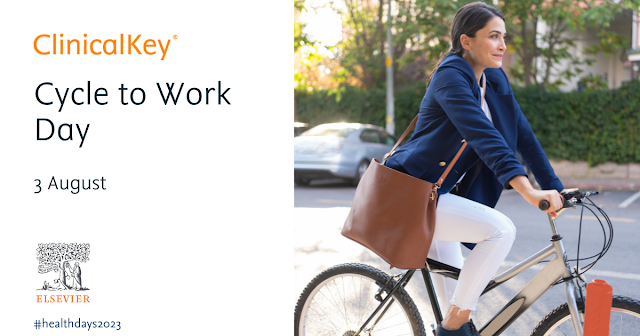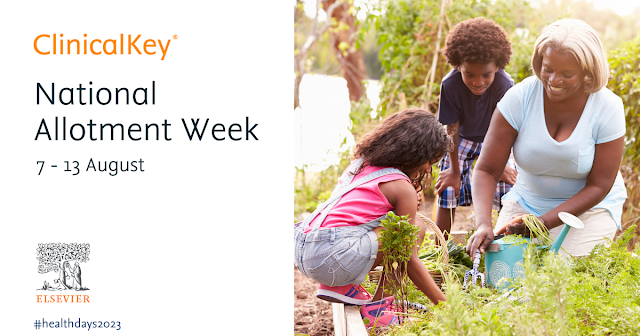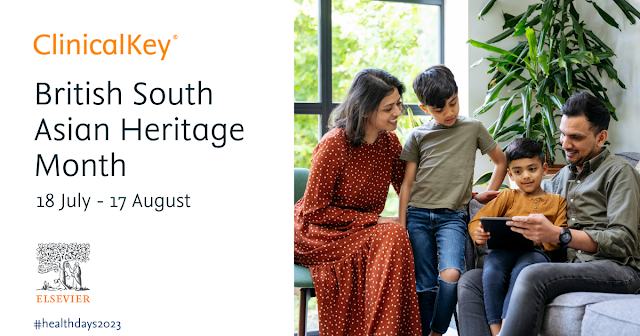What is happening on Clinical Key this month?
Clinical Key is available to UHNM staff via NHS OpenAthens login.
August 3rd – Cycle to work day
You can use Clinical Key to search NICE guidelines.
August 1st to 7th - World Breastfeeding Week
Recognising the intricate differences of every mother and infant’s breastfeeding journey supports better informed decisions. To mark the start of Breastfeeding Week 2023, we highly encourage reading Breastfeeding in a New Era by Robert and Ruth Lawrence published on the book Breastfeeding, 9th edition, available in ClinicalKey.
August 7th to 13th – UK National allotment week
The benefits of home-grown produce are well-known. But living in urban areas makes growing them a challenge. Many councils provide allotments; however, the waiting list can be up to 4 years! Don’t let this deter you from sourcing good produce wherever you can. Read about the cardiometabolic benefits to incorporating fruits and vegetables to your meals in this article.
July 18th to August 17th – British South Asian Heritage Month
Understanding your patients helps you deliver the highest level of care, from diagnosis to treatment. Our differences are to be embraced and celebrated, and this British South Asian Heritage Month, we would like to highlight all the ways we can consciously employ tools to improve our understanding and the care we provide, like this article Tools to Craft a Cultural Formulation.
Need more help?
Just get in touch with the Health Library if you need any help accessing Clinical Key.




Comments
Post a Comment